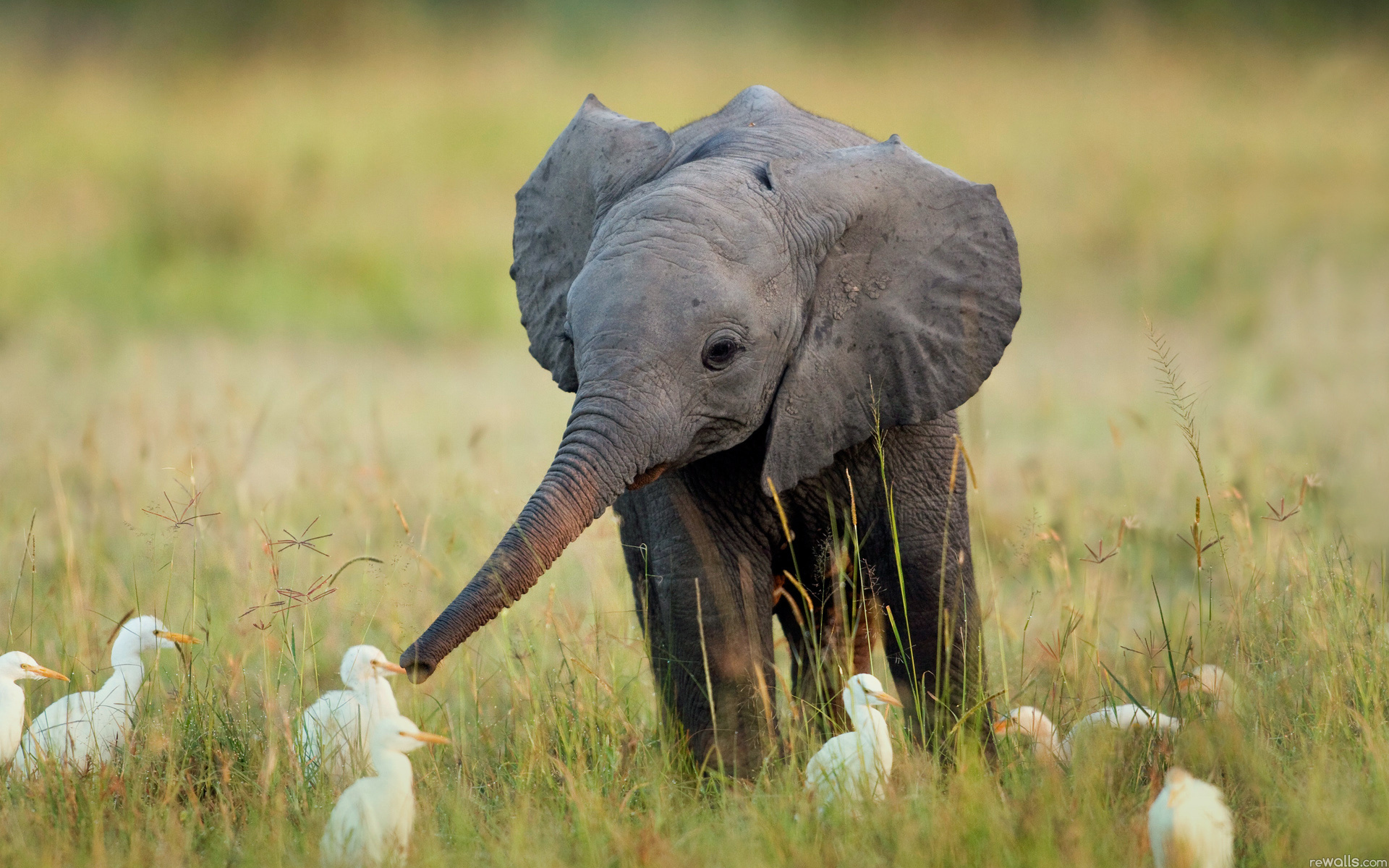First in a series by Leo Carter (LBJ MGPS Student) covering his internship at the Wildlife Conservation Society.
The Wildlife Conservation Society (WCS), founded in 1895 in New York City, achieved its first major success when it helped to save the American Bison from extinction. Since then, aside from managing the zoos and aquariums of New York City, the organization has expanded to 500 conservation projects in 60 countries with the ambitious goal of protecting 50% of the world’s biodiversity.
What makes WCS unique among wildlife NGOs is that its activist and lobbying divisions are directly supported by a strong base of scientists and conservationists in the field. The public and federal affairs teams protect and grow conservation accounts in the federal budget. These teams also secure private funding to support international conservation efforts. The successes of scientists and conservationists implementing these programs around the world, in turn, allow the WCS’ Washington office to make a case to appropriators for continued federal support for the conservation movement.
This summer, I joined WCS as a federal affairs intern in Washington, D.C.. I was part of a small team: three interns, two lobbyists, a policy director, a communications officer, and an always friendly office manager – all of whom I have come to know well. Being part of such a close-knit team allowed me a great deal of flexibility in the variety of my project work at WCS. Every day brought something different, from drafting letters of support for legislation to members of congress, to policy research on illegal, unreported, and unregulated (IUU) fishing practices. One moment I might be analyzing past failures of Endangered Species Act petitions, the next I was attending a conference on sustainable ocean management and writing a memo on public-private fishery partnerships. I also helped to organize events in which WCS brought its field experts from as far away as central Africa and South East Asia to Washington to engage policy-makers. I wrote blog posts publicizing the work of our D.C. office to our supporters around the country, attended hearings and bill mark-ups, and more. Throughout these activities, the over-arching goal was – and continues to be – a challenging one: to make wildlife trafficking germane to the policy agendas of Washington lawmakers.
Winning support in the fight against wildlife trafficking—a problem often cast as remote and outside the realm of U.S. policy—is an uphill battle, to say the least, but it remains an important task. Transnational criminal syndicates have turned poaching and wildlife trafficking into an industrial enterprise. At current rates, the world’s population of forest elephants is expected to be extinct within a decade. Between 2007 and 2014, rhino poaching in South Africa surged by 9300%. The world has already lost the western black rhino, and the northern white rhino is down to its last male. Endemic corruption in range states and the slow pace of policy making in the U.S. government have failed to save these species. There is hope, however, that with enough Congressional help and much NGO persistence, we can still save other species threatened with extinction.
WCS is on the front lines of the effort to galvanize Congressional action. Specifically, I focused on WCS’s effort to push through two bills in the Senate and House, respectively: S. 27 and H.R. 2494. These bills aim to curb trafficking of severely threatened, iconic species—rhinos, tigers, and elephants—through a variety of mechanisms. For example, they propose to reclassify wildlife trafficking crimes as predicate offenses under existing money laundering and racketeering statutes. They increase maximum penalties (both prison time and fines) and allow for the seizure of all funds derived from the crime. Such funds—often in the millions of dollars for major traffickers—would then be reinvested into the multinational species conservation funds, thus contributing to on-the-ground conservation projects for those iconic species directly impacted by transnational crime.
S. 27 and H.R. 2494 are small, but necessary steps toward saving some of the world’s most magnificent animals. WCS will continue to play a leading role in promoting the passage of this legislation and, by extension, the preservation of the world’s biodiversity.
Edited by Jon Brandt

